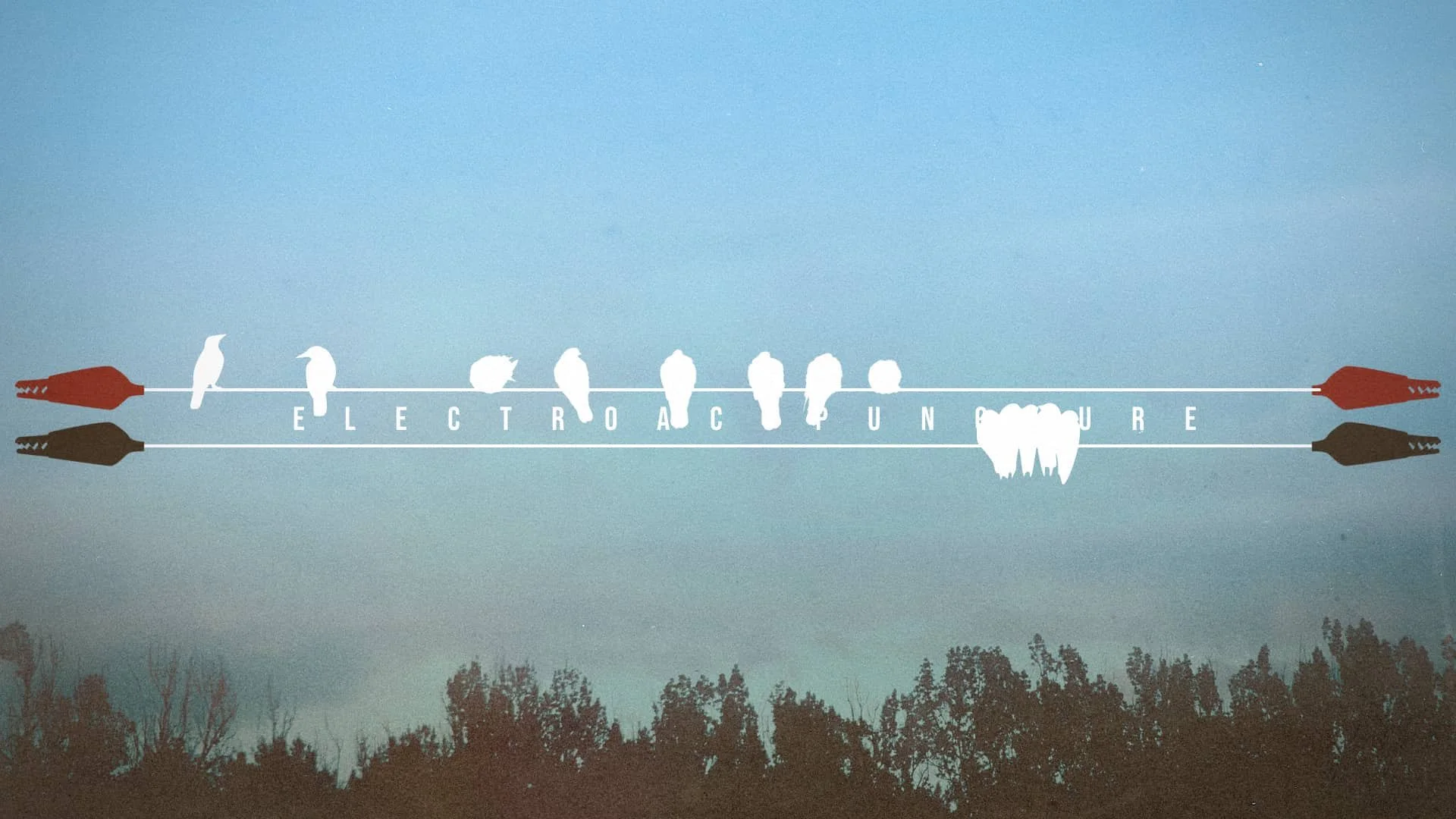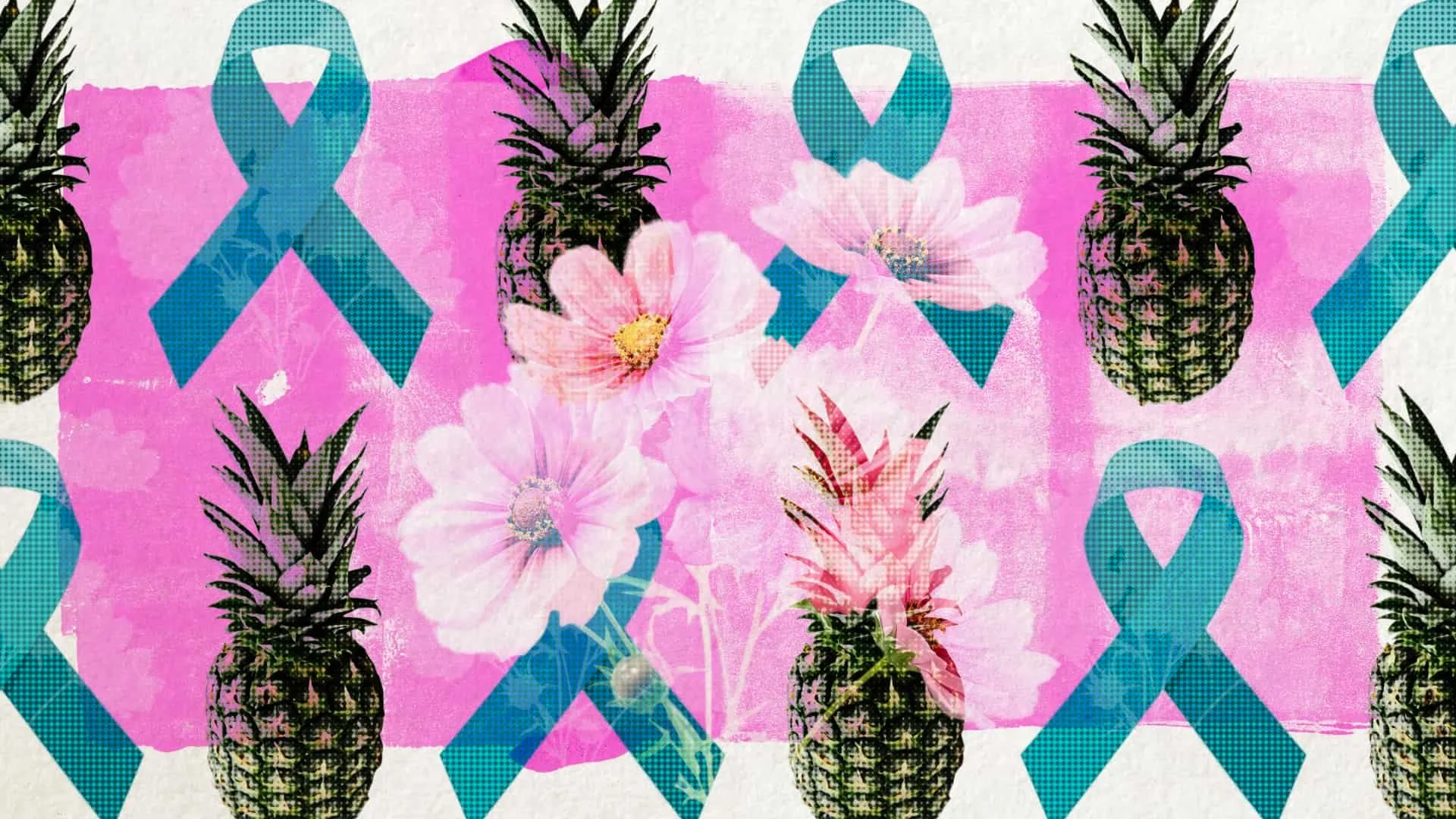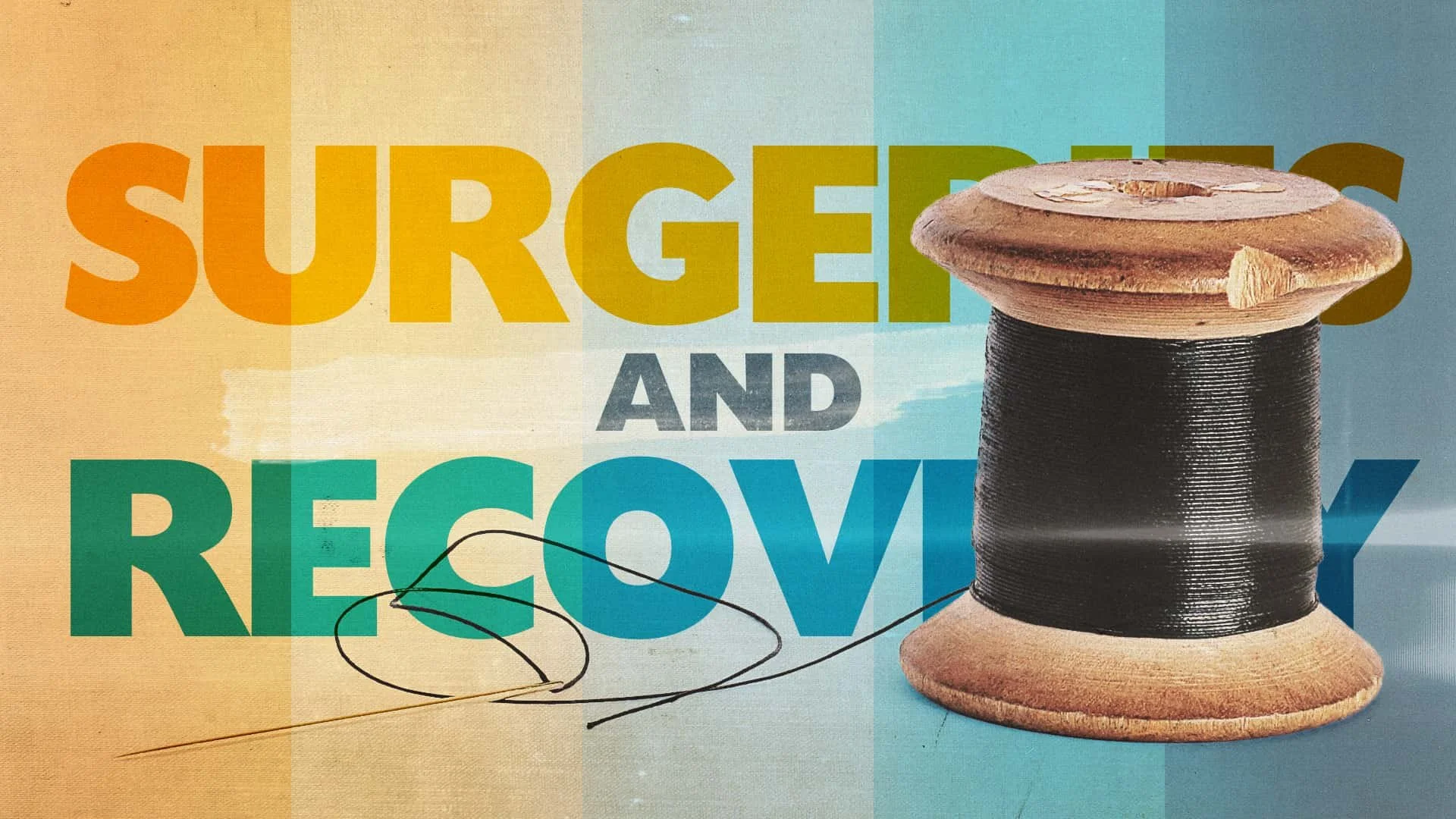WHY YOUR FIRST PERIOD AND FERTILITY ARE CONNECTED
My first period.
When I first got my period I was wildly unprepared. But my mom? Definitely had it worse.
Convinced she was dying, she tearfully told her mom she had unexplained blood leaking out of her body. Her mom handed her a book and walked away. At least one member of the TBYW community shared her mom had the same first period education, so I know my mom wasn't the only one.
When it was my mom's turn to educate ME — which *hallelujah* she did before I got my first period — she lied and told me she was taking me to a babysitting class. Imagine my confusion when I sat down and a middle-aged woman broke out a see-through model of the female anatomy and did a tampon demonstration complete with red water to simulate blood.
Unlike that tampon, I didn’t really absorb much.
When I did finally “get it,” I opted to wad toilet paper in my underwear for months because my mom didn’t have a single pad in our house. I even stole a few from unsuspecting aunts and friends' houses. Sorry Aunt Tammy.
And would you believe I finally told my mom that I had my period — several months later when the TP was too wimpy to keep up with my flow — by casually croaking, “I need pads Mom,” and then walking away before she could utter a single word as she stirred a giant pot of spaghetti sauce on the stove?
The horrifying symbolism wasn’t lost on me.
First periods and fertility — the correlation.
I recently started asking other people for their first-period stories and some people told me about their open and informative moms who did a great job sharing what they could. Hurrah for that!
But the vast majority of us were way less informed than we wanted to be.
And sadly, that hasn't changed.
My daughter told me about a friend who was using toilet paper for pads because she was worried to talk with her parents and was stuck inside during COVID. A neighbor girl came to our house and asked to look through my kiddos' "body book" collection because her mom said she should ask her teachers if she had period questions. And she had SO many!
You might be asking yourself, "But Nicole, aren't our first periods like ancient history? Why are you exploring all this now?" But I think it's so important to look at the bigger picture because how we were taught about our periods has a HUGE impact on how we approach our fertility.
Here are just four ways.
#1
We've been sold varying levels of secrecy and shame around a perfectly healthy body function that literally half of us experience for most of our lives!
Dr. Jen Gunter points out in her TEDTalk if this were simply a matter of blood being inherently gross or shameful, we should be mortified when we have a bloody nose or cut ourselves — but we're not. This shame follows us through our entire reproductive lives and leads to so much confusion, suffering, and loneliness. It also stops us from getting our needs met and our concerns seen. Especially with infertility.
#2
From the get-go, many of us never learned what the heck our bodies are doing when going through a menstrual cycle — and they're doing A LOT.
Those of us who menstruate literally experience four vastly unique hormonal phases within every cycle! I'm not exaggerating when I say you are like FOUR totally different people depending on where you are in your cycle. I half-joke that people without cycles are waaaaay more simple to treat because they're mostly the same unless they're sick or hurt.
This explains why everything in our bodies can change from phase to phase. Our sleep, our mood, our energy, our focus, our sex drive, our digestion. Once you understand these phases you can understand SO MUCH. But not understanding and not thinking of ourselves in this way keeps us in the dark.
#3
Most people who struggle with infertility only try to learn about their cycles from a super reactive, panicked place. This leads to searching the internet and posting specific questions on forums without a solid foundation of those four phases I just referred to.
And without a clear understanding of the basics we'll never make the most of the specific answers we find. This is a terrible setup for getting things wrong and feeling confused and desperate. It's like my grandma handing my mom that book.
#4
Because we haven't been adequately educated on the very basics of our four phases, and we tend to look for answers and "fixes" only when we're in the thick of feeling like there's a panic-inducing problem, aaaaand because we also have buckets of possible shame and secrecy stopping us from more proactive conversations during times of life in general and not panicked infertility times — we COMPLETELY miss out on all the nuances and variations within those bigger phases that are totally normal.
If we had a better upfront period education followed by lots of open conversations we'd realize that many of our cycle's "irregularities" and "inconsistencies" are actually totally fine. We'd also know if something is worth getting worked up about or not.
A timely example of this issue is the headlines and worries about COVID vaccines causing period changes. If we understood our bodies better and talked about them regularly we'd have a way better chance of understanding and also noticing first-hand that our cycles change for lots of reasons. Getting sick, other vaccines, high stress, travel, changes in exercise or diet. Heck even extreme weather in some cases.
These all can cause changes for some bodies. And again, some are worth worrying about but some are no big deal. The temporary period changes that some people are getting with the COVID vaccine fall into the nothing to worry about camp.
I want you to start to see what's a problem and what's normal variation and then build your nuanced understanding from that strong place.
So, what's next?
Well, I've got an entire module in The Baby You Want course called the Nursery that goes back and breaks down what you SHOULD know about your cycle on a fundamental level. I want you to calmly understand the four phases of your cycle. I want you to start to see what's a problem and what's normal variation and build your nuanced understanding from that strong place. And then, get more customized from there.
If you want to sit with this "first period" subject a little longer, why not get out a journal and write about your own first time! What did you feel? What was your education like? What sorts of conversations did you have around it or after? And how do those four period and fertility correlations bump into your own personal experience?
Let me know what you discover,
Nicole
Nicole Lange
LICENSED ACUPUNCTURIST
HOLISTIC FERTILITY EDUCATOR








Advice from a mosquito’s main course.